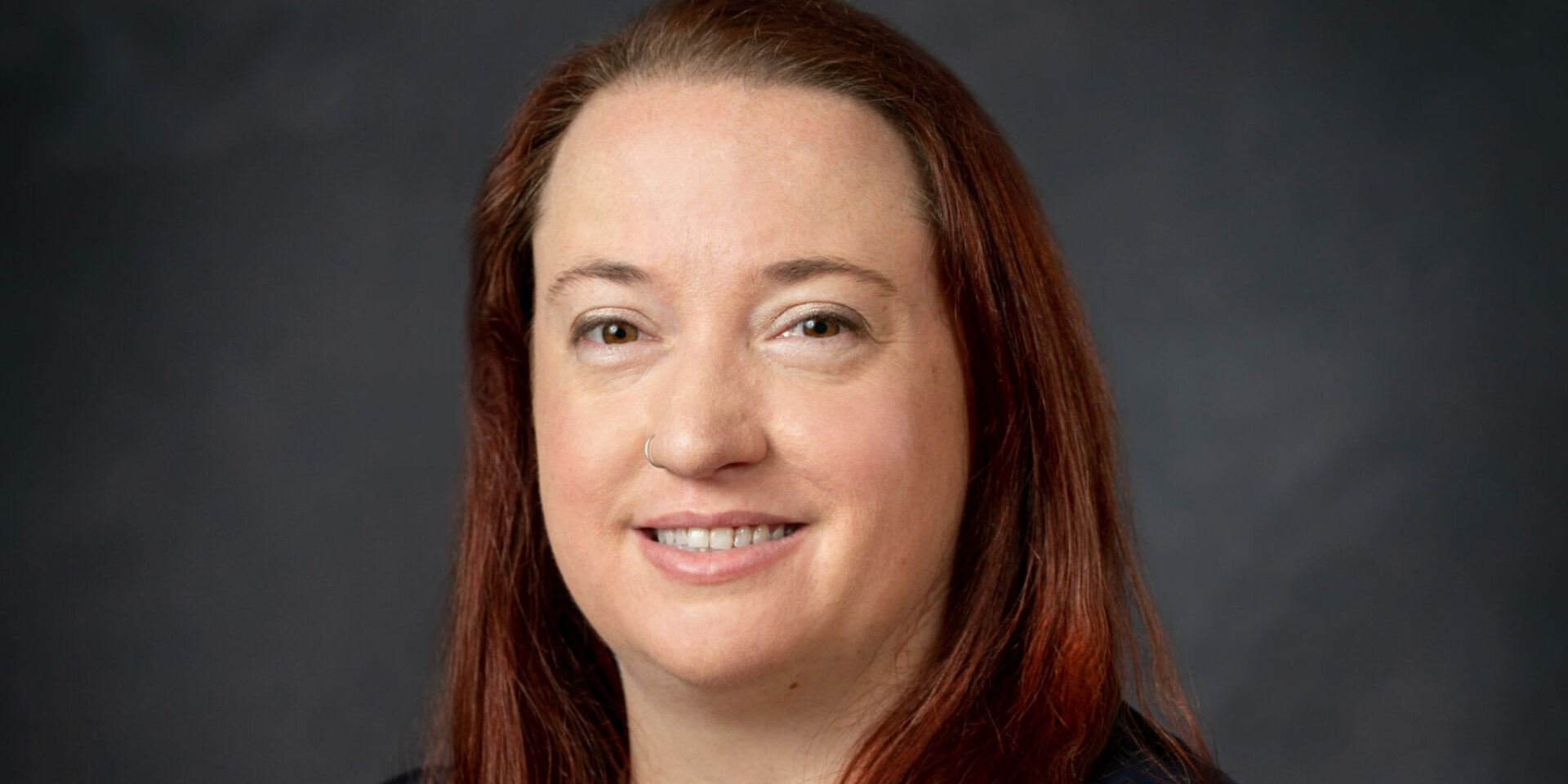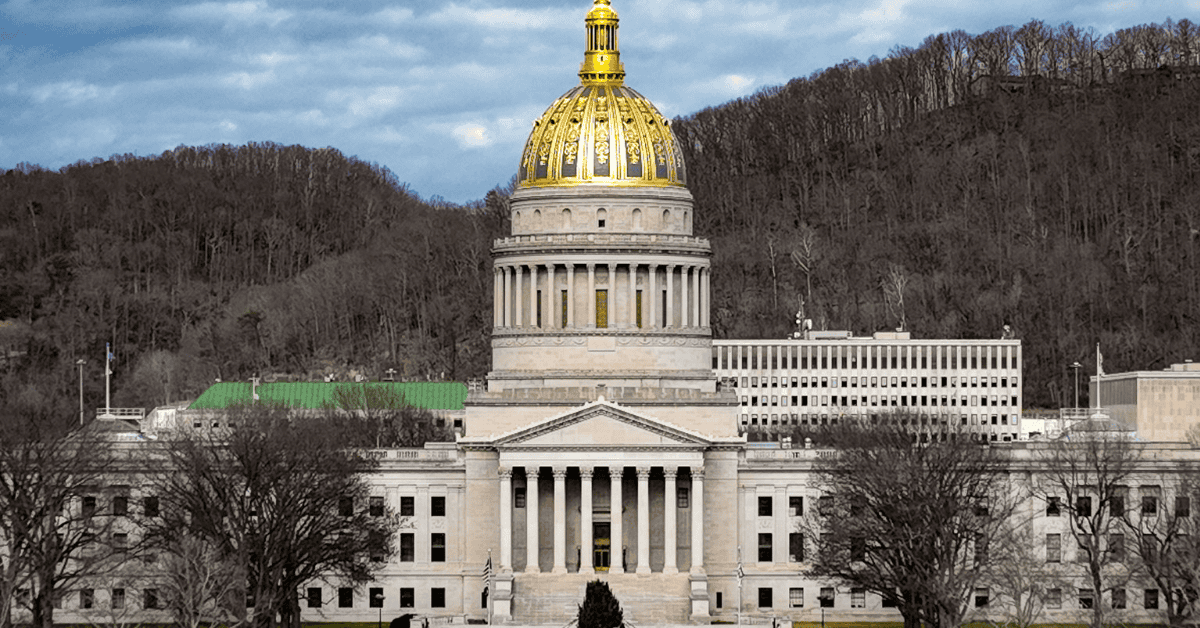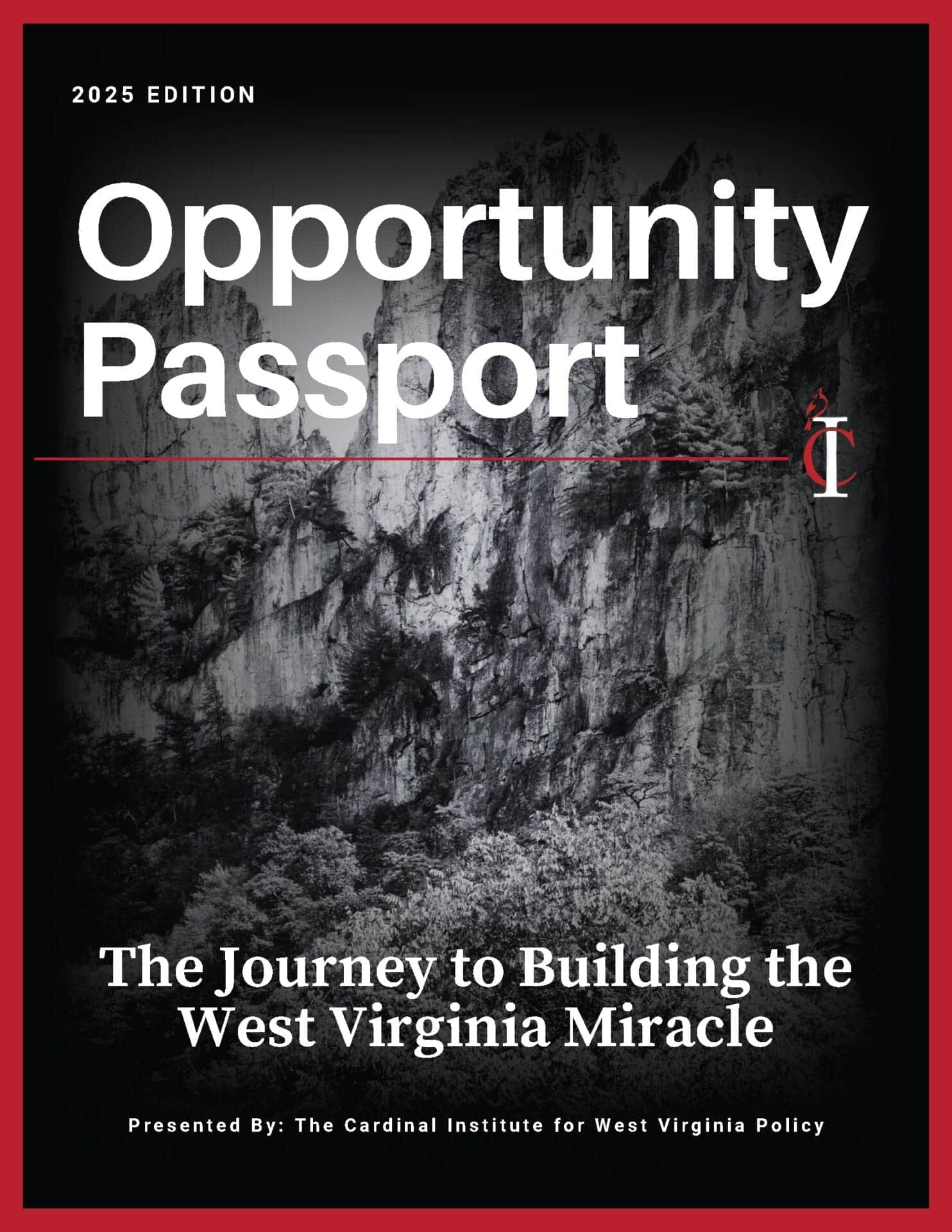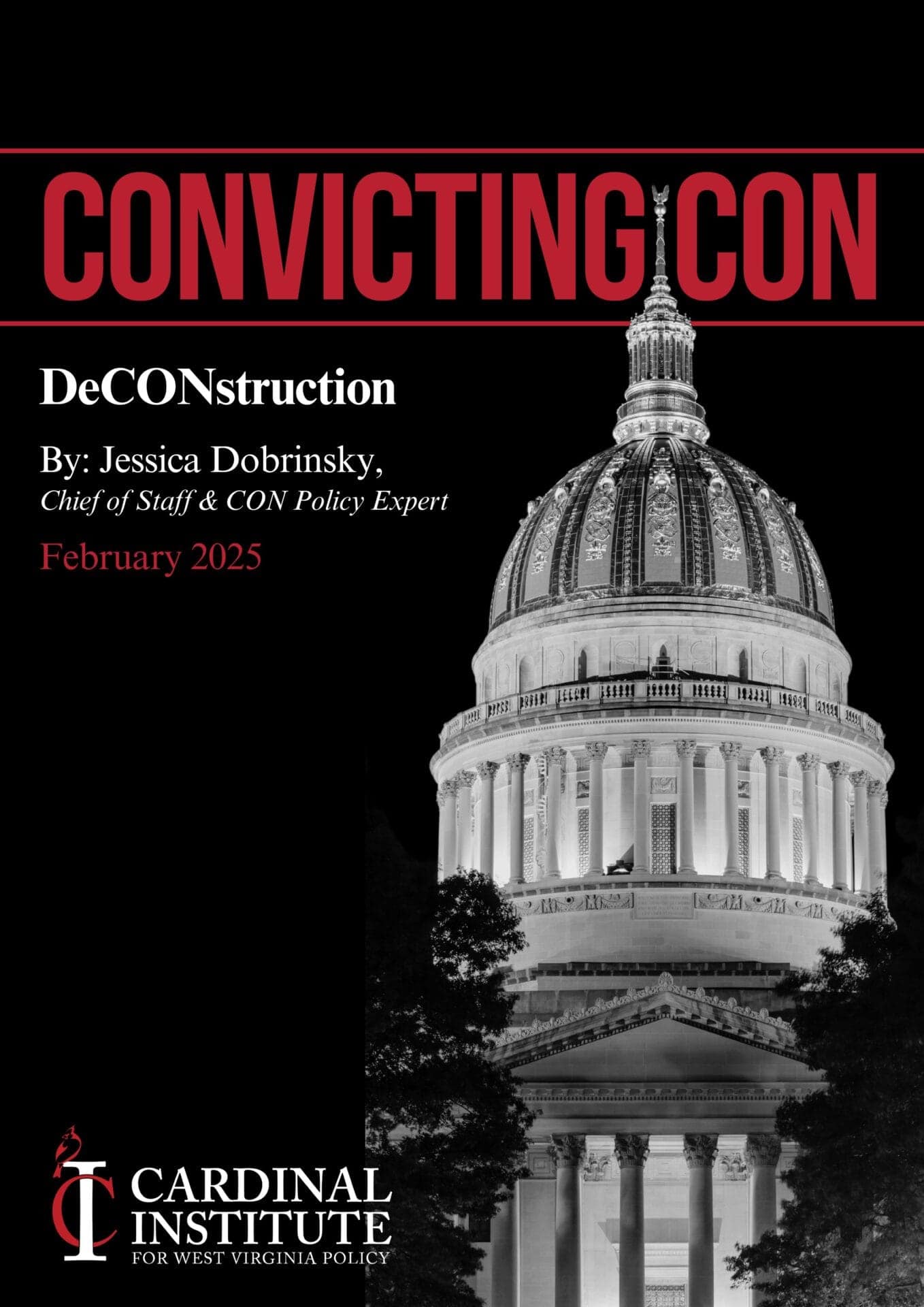
Loss of Connection and the Future of Freedom
The Most Significant Challenges & Opportunities for the Future of Freedom
The distance we have put between ourselves in service of fighting the COVID-19 pandemic presents one of the largest challenges to the preservation of freedom. Luckily, the solution is relatively simple – reconnection.
The last two-and-a-half years have introduced more distance into our lives than many of us would have ever thought possible in February 2020. The short run costs of spending time out of close contact with family, friends, colleagues, and other associates to fend off COVID-19 may have been worthwhile. However, as the long-term effects continue to reveal themselves, we may have incurred larger costs than we first believed.
We celebrated weddings and other holidays through video chats. We mourned the losses of loved ones in similar fashion. We attended worship services from the couch in front of a computer. We worked from home offices. We moved meetings, conferences, and happy hours to Zoom or Microsoft Teams. We masked up and kept at least 6 feet from one another in public. We retreated to comfortable corners of the Internet and social media platforms.
In doing so, we lost those moments of genuine human connection. We no longer shared the most joyful or sorrowful moments with those dearest to us. We lost regular interaction with members of our local and spiritual communities. We lost in-office banter and spontaneous collaboration opportunities. We lost organic opportunities to network and connect with folks who care about the same things we do. We formed our own largely homogeneous communities.
With that loss of human connection, we lost countless opportunities to meaningfully grapple with large questions of the day. Rather than taking the time to thoughtfully discuss and debate the merits and drawbacks of public health policies or public policy responses to the chaos wrought by the pandemic, opinions were typically reduced to television sound bytes, Tweets, and memes. It was all too easy to think of those holding contrasting opinions as anything less than human and worthy only of being heckled from keyboards. This separation fostered tribalism and crystallized the factions of “us” and “them.”
As the world slowly returns to a sense of normalcy, it is imperative that we reengage and reconnect with our family, friends, neighbors, and communities. We must relearn how to discuss, debate, and disagree effectively. The human connection is vital to that process. Where it has been so easy to dismiss the humanity of our intellectual opponents when we only communicate online, it is much harder to do that while sitting together and seeing the consternation move through their facial expressions when grappling with evidence that challenges the opinions they hold.
If we are serious about the fight for freedom and the preservation of a pluralistic society, we must reengage and reconnect in person. In congregating and breaking bread with one another, we can broaden our understanding and deepen our compassion.
Jessi Troyan is the Director of Policy and Research for the Cardinal Institute for West Virginia Policy and a 2022-23 Future of Freedom Fellow with the Philadelphia Society.








